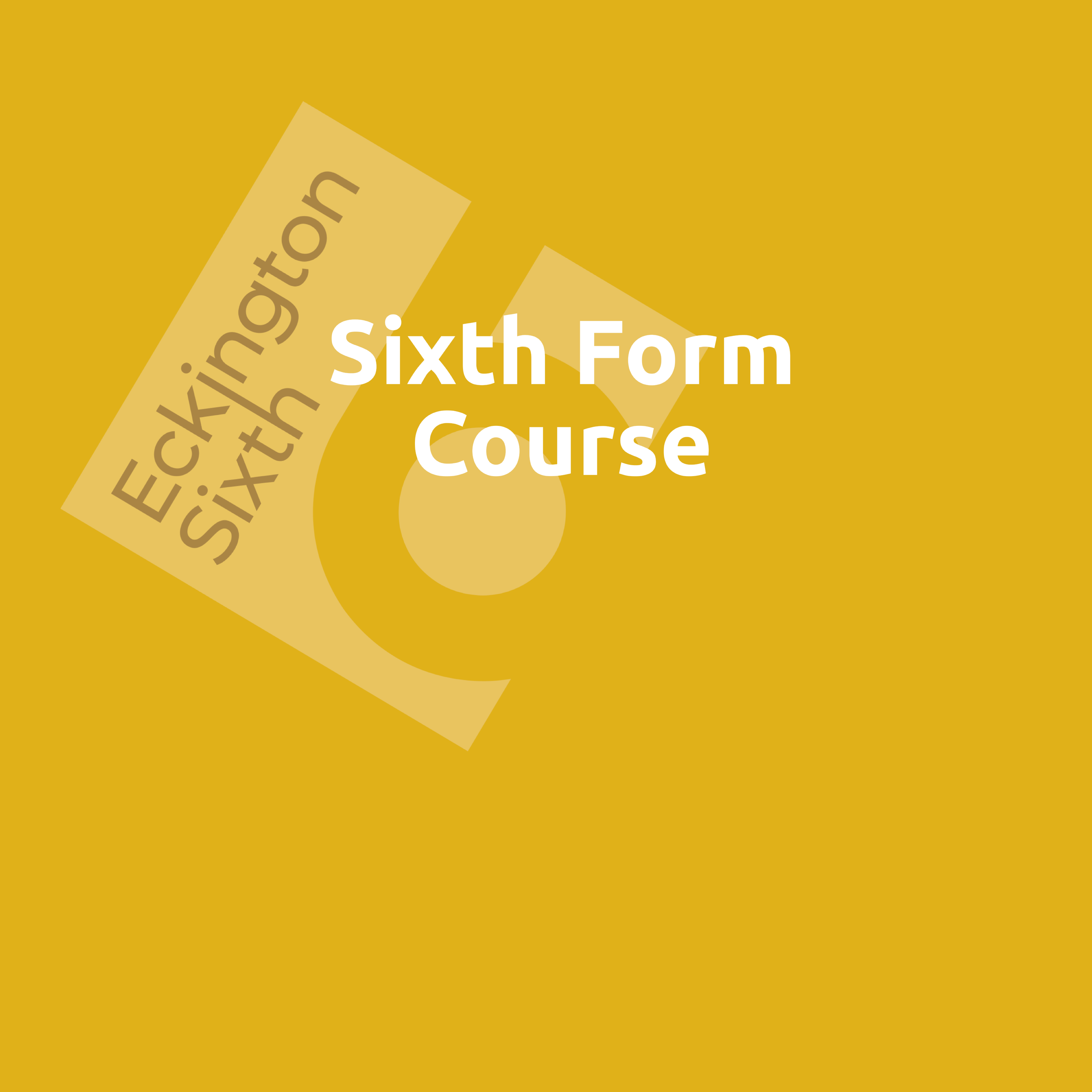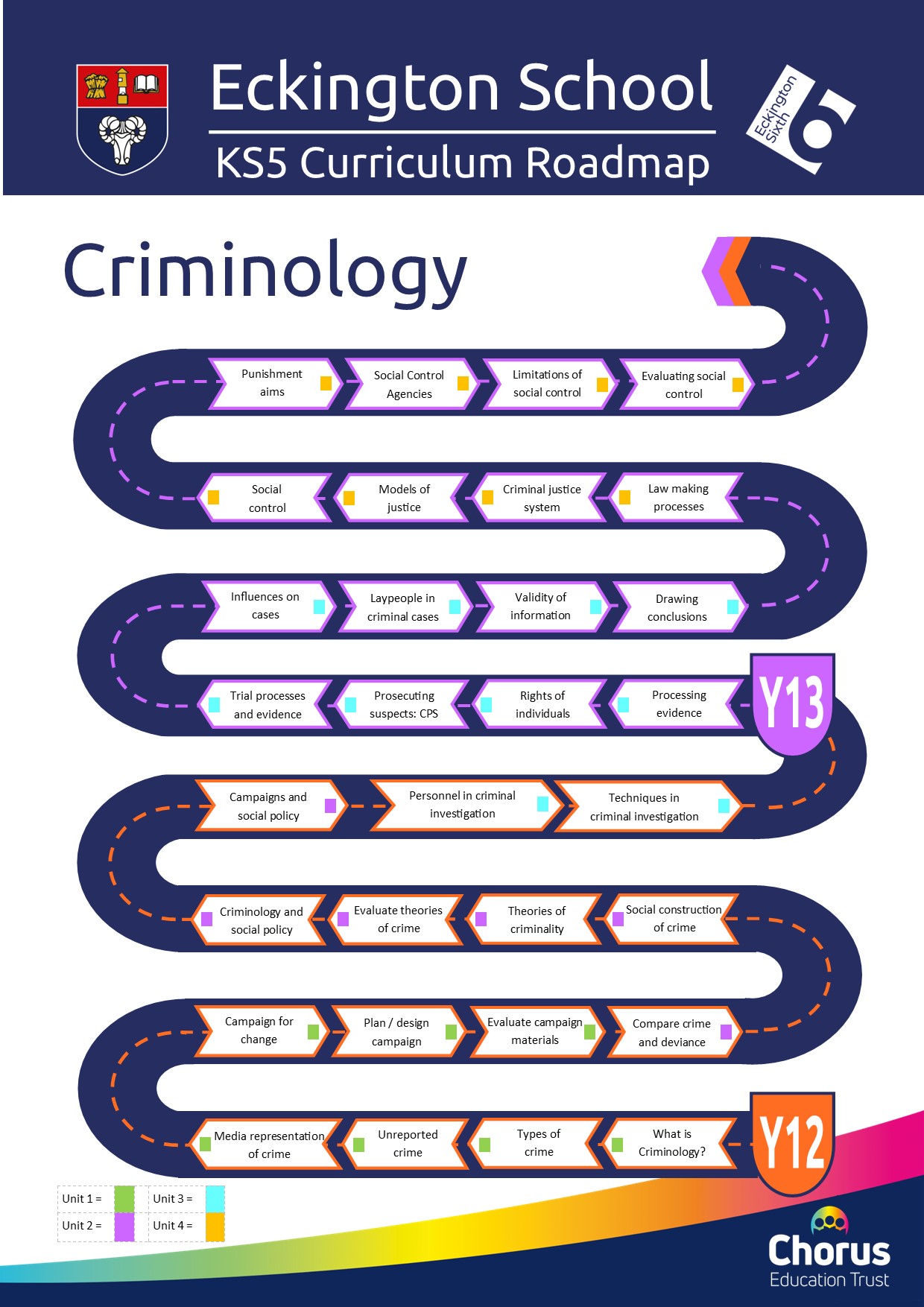Courses
We offer a broad and balanced curriculum, for:
Click the appropriate button below to find the details for each subject offered in each key stage.
Further details of our curriculum are available on the curriculum page.

Overview
Criminology
Introduction
Criminology is the study of crime and criminals and through this course students have the opportunity to study crimes from their inception through to punishment. Students complete four units which each address a clear component of criminology. In the first year of study, learners will look at the changing awareness of crime in addition to criminological theories, gaining an understanding of how crime is defined and factors which may affect the likelihood of crime being committed. Through the second year, the focus is on the journey from crime scene to courtroom as well as looking at the relationship between crimes and punishments in society.
Qualification
Level 3 Applied Diploma
Awarding body
WJEC
Course leader
J Trueman
Assessment
This course is assessed through a mixture of external examinations and internal controlled assessments. In each year of the course students will complete one examination and one controlled assessment.
- Examination - components 2 (criminological theories) and 4 (crime and punishment).
- Non-examined assessment - components 1 (changing awareness of crime) and 3 (crime scene to courtroom).
Curriculum
Curriculum Roadmap
Topics
Unit 1: changing awareness of crime
Find out what types of crime take place in our society and why we know so little about certain crime. Students will gain the skills necessary to understand the changing public perceptions of crime and will gain the skills needed to plan a campaign for change in relation to crime.
Unit 2: criminological theories
Students learn how we decide which behaviours are criminal and what the difference is between crime and deviance. This topic outlines what makes a criminal and gives insight into a variety of criminological theories.
Unit 3: crime scene to courtroom
This is an opportunity to learn about the various personnel who are involved when a crime has been detected. Students will learn about the role of forensics, the Crown Prosecution Service and the jury in bringing about a verdict.
Unit 4: crime and punishment
This topic outlines the role of punishment in our society and the theories behind its use. Students will learn about how the criminal justice system in England and Wales operates to achieve social control and will assess its level of success in doing so.
Skills and requirements
Skills learned
- Self-regulation.
- Independent thinking.
- Critical thinking.
- Vocational skills.
- Application.
Subject entry requirements
- Grade 4 or above in GCSE English language.
Sixth Form entry requirements
- 4 A-levels over 2 years: for students who have achieved 5 or more grade 7s or above including English and maths (grade 5 or above).
- 3 A-levels over 2 years: for students who have achieved 5 grade 5s or above including English and maths.
- Level 3 vocational courses: for students who have achieved 5 grade 4s or above including English and maths.
Beyond the classroom
Future pathways
The criminology course has been designed specifically to support access to higher education degree courses such as: criminology, psychology, law, sociology, social work and criminal justice. Alternatively, this qualification gives students the skills necessary for employment roles within the National Probation Service, the Courts and Tribunals Service, National Offender Management Service or Police.




